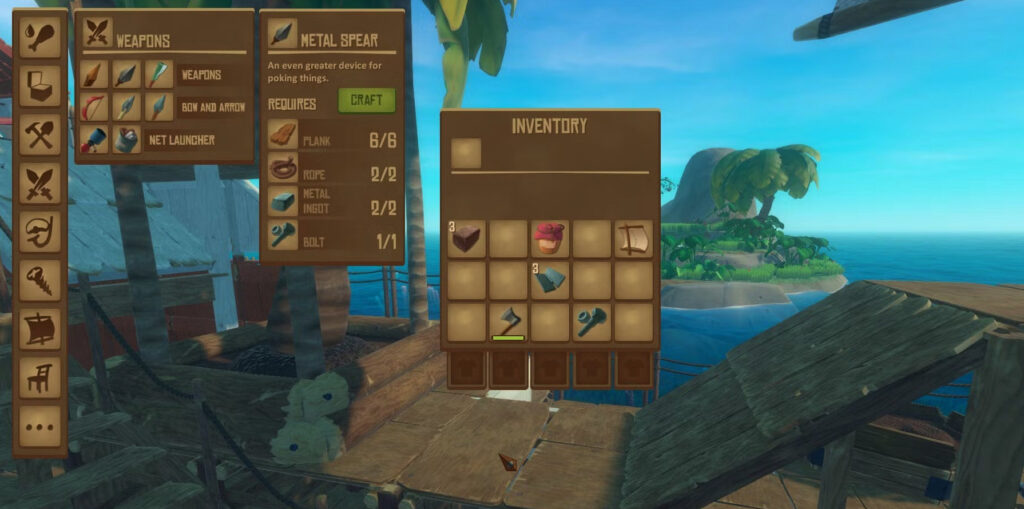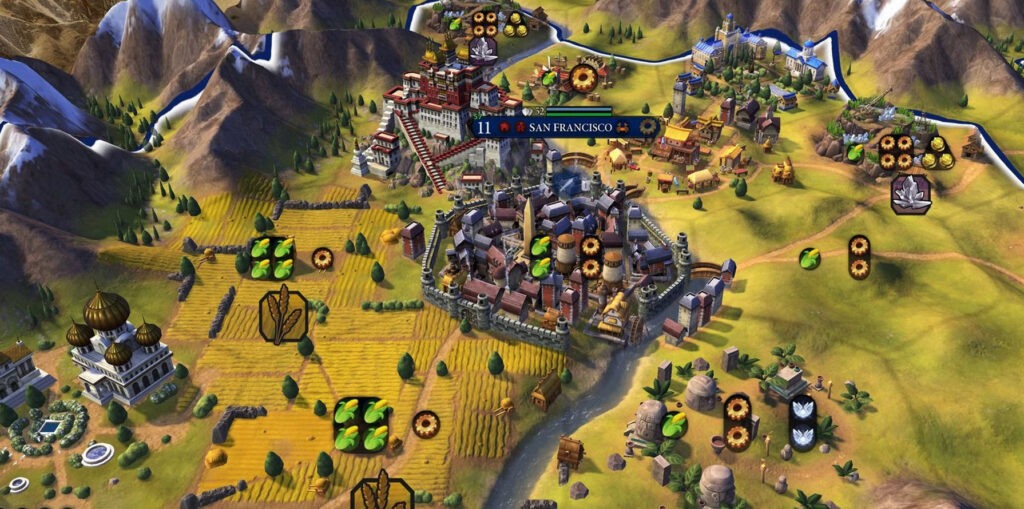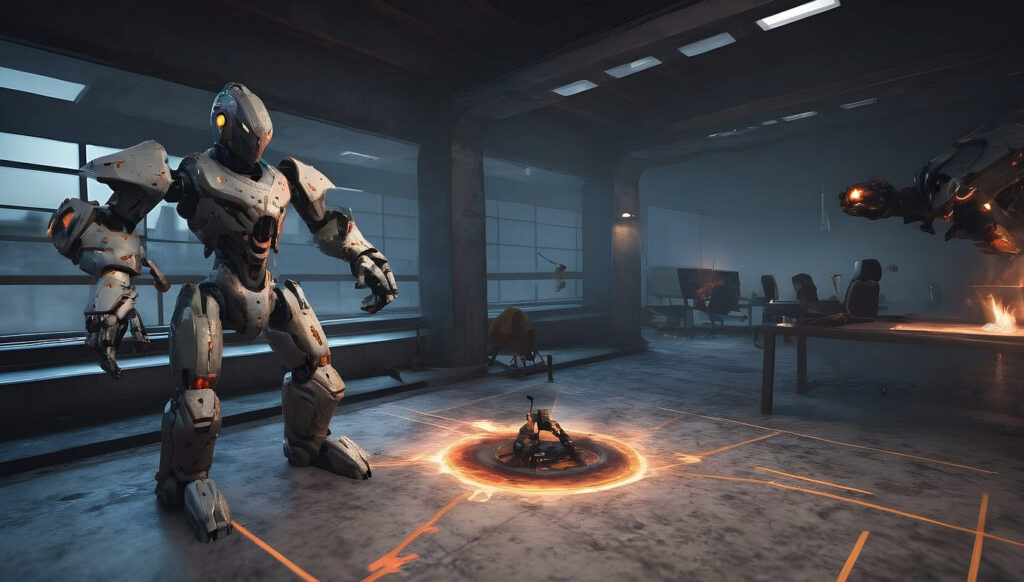

Hidden progression mechanics: how do games keep players interested for the long term?
Introduction to Hidden Progression Mechanics In the landscape of modern video games, hidden progression mechanics play a pivotal role in enhancing player engagement and retention. These systems, often subtle and unnoticeable, are intricately designed to motivate players to continue their gameplay experience. By subtly rewarding players for their time and effort, game developers create an
Hidden progression mechanics: how do games keep players interested for the long term? Read More »

Visual style or optimization – which is more important for indie games of 2025?
Introduction to the Indie Game Landscape in 2025 The indie game industry has experienced remarkable growth and transformation by 2025, driven largely by technological advancements and an expanding market. In recent years, platforms for game distribution have evolved, creating diverse opportunities for indie developers to reach global audiences. With the advent of enhanced game engines
Visual style or optimization – which is more important for indie games of 2025? Read More »

Test: how well do you navigate multiplatform releases?
Introduction to Multiplatform Releases In the digital age, the concept of multiplatform releases has become increasingly significant in the realms of software development, gaming, and content distribution. A multiplatform release refers to the ability to deliver a product or content simultaneously across various platforms, including mobile devices, desktop computers, and gaming consoles. This approach not
Test: how well do you navigate multiplatform releases? Read More »

How do modern crafting systems differ from classic RPGs?
Introduction to Crafting in RPGs Crafting in role-playing games (RPGs) serves as a fundamental component that enhances player engagement, creativity, and strategy. Historically, crafting systems have allowed players to create, improve, or modify in-game items, providing a sense of ownership and accomplishment. In classic RPGs, such as those from the early 1990s, crafting was often
How do modern crafting systems differ from classic RPGs? Read More »

In-depth analysis: economic management in strategy vs. real-time simulation games
Introduction to Economic Management in Games Economic management plays a paramount role in shaping the experience of players within strategy and real-time simulation games. These games often incorporate complex economic systems that require players to make informed decisions concerning resource allocation, production, and distribution. The depth of these economic models not only adds layers of
In-depth analysis: economic management in strategy vs. real-time simulation games Read More »

Why are cyber sports disciplines more likely to choose between FPS and MOBA?
Introduction to Cyber Sports Cyber sports, commonly referred to as esports, encompass competitive gaming at various levels, from amateur tournaments to professional leagues. This domain is characterized by organized multiplayer video game competitions, often between professional players or teams, and is recognized as a legitimate form of sport. Esports has gained significant traction in recent
Why are cyber sports disciplines more likely to choose between FPS and MOBA? Read More »

How much does artificial intelligence influence the balance in competitive games?
Introduction to Artificial Intelligence in Gaming Artificial intelligence (AI) has become a pivotal element in the evolution of the gaming industry, marking a transition from simplistic programmed responses to sophisticated dynamic systems. At its inception, AI in games was primarily characterized by rudimentary algorithms that governed non-player characters (NPCs), rendering them predictable and unchallenging. Over
How much does artificial intelligence influence the balance in competitive games? Read More »

